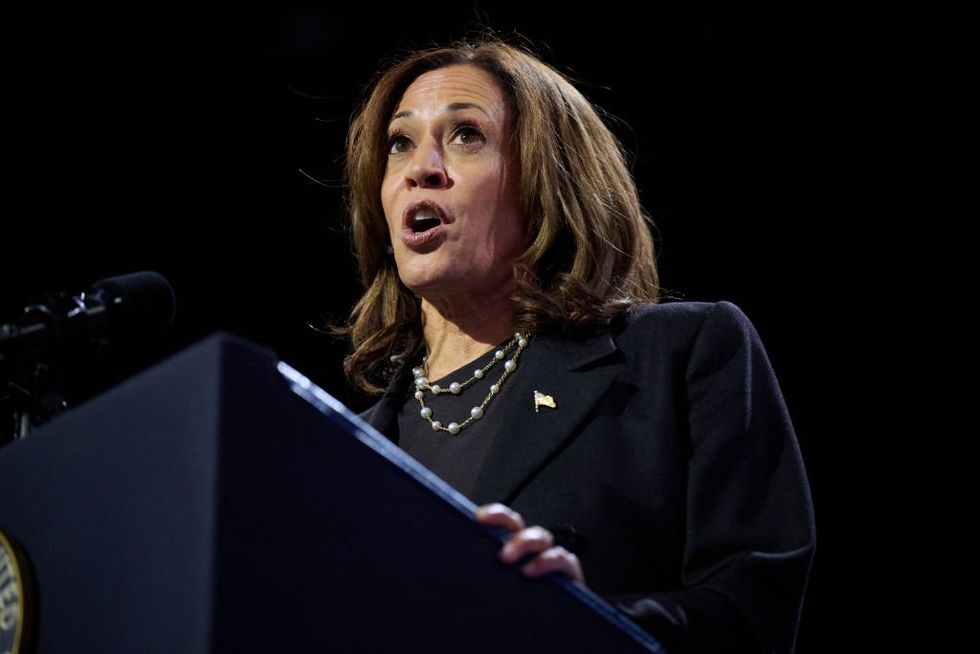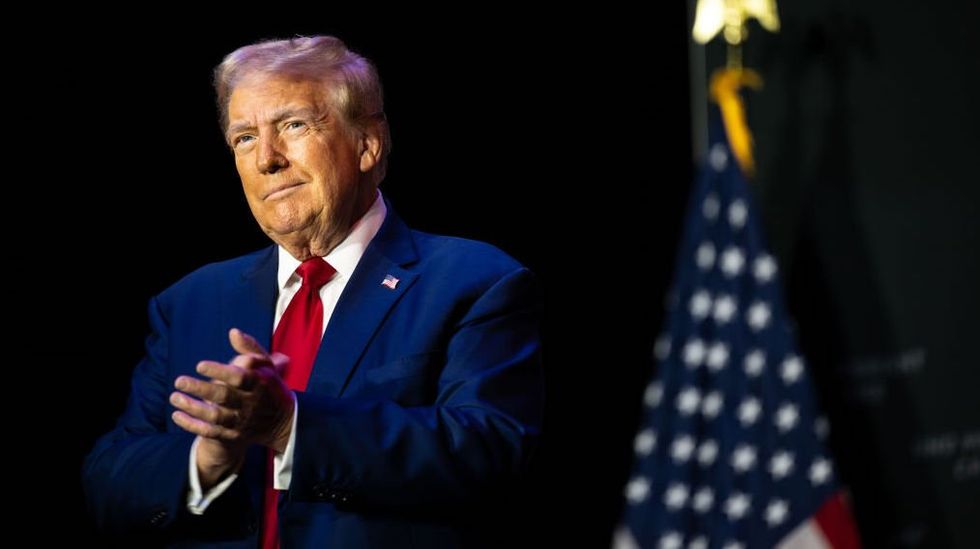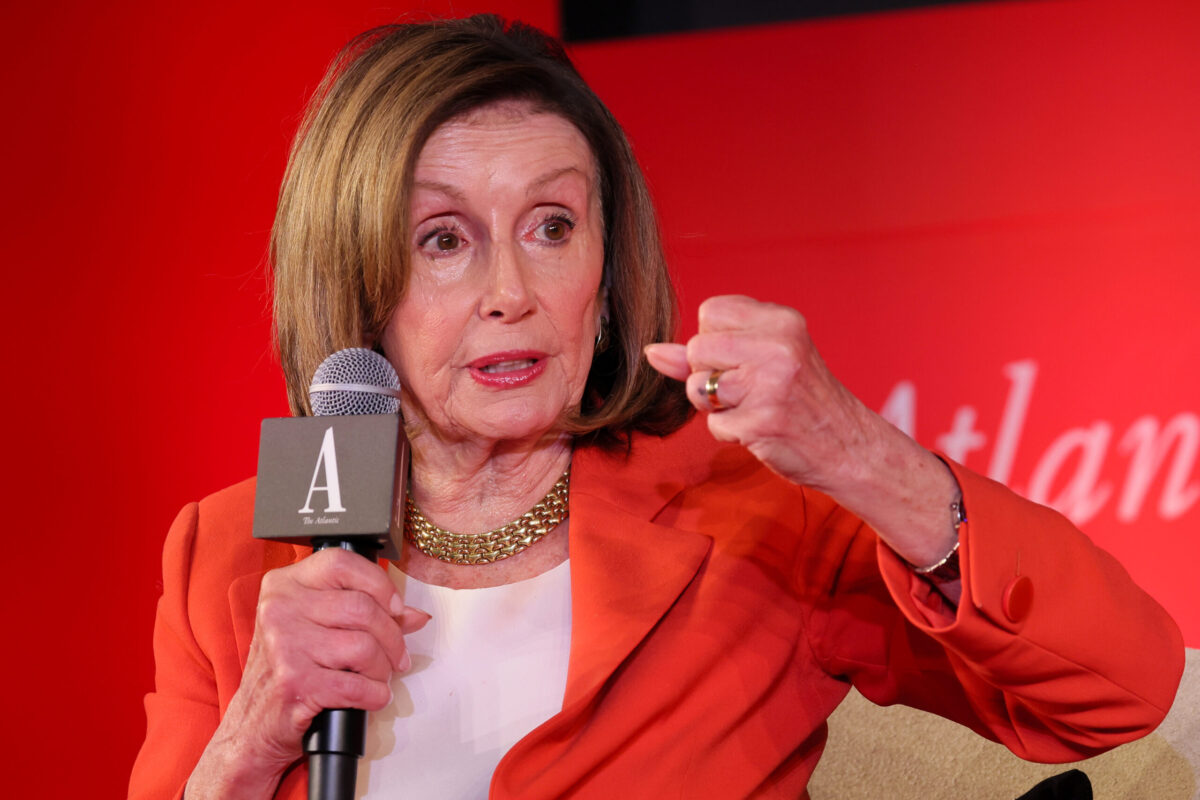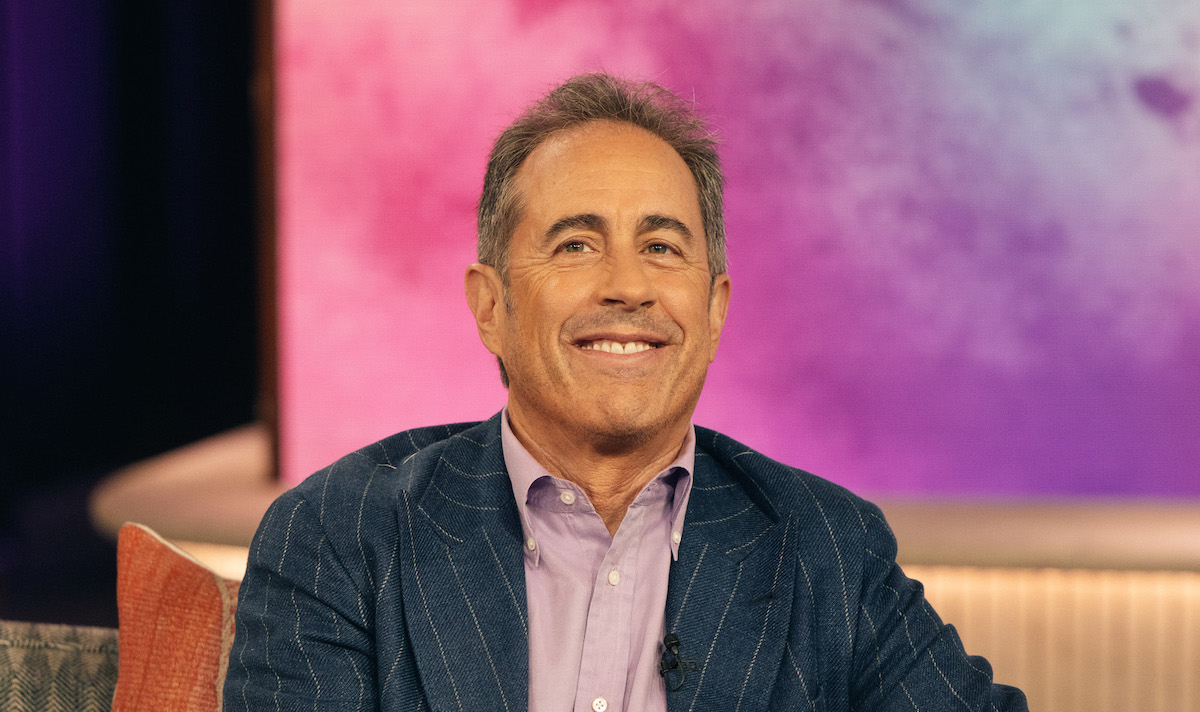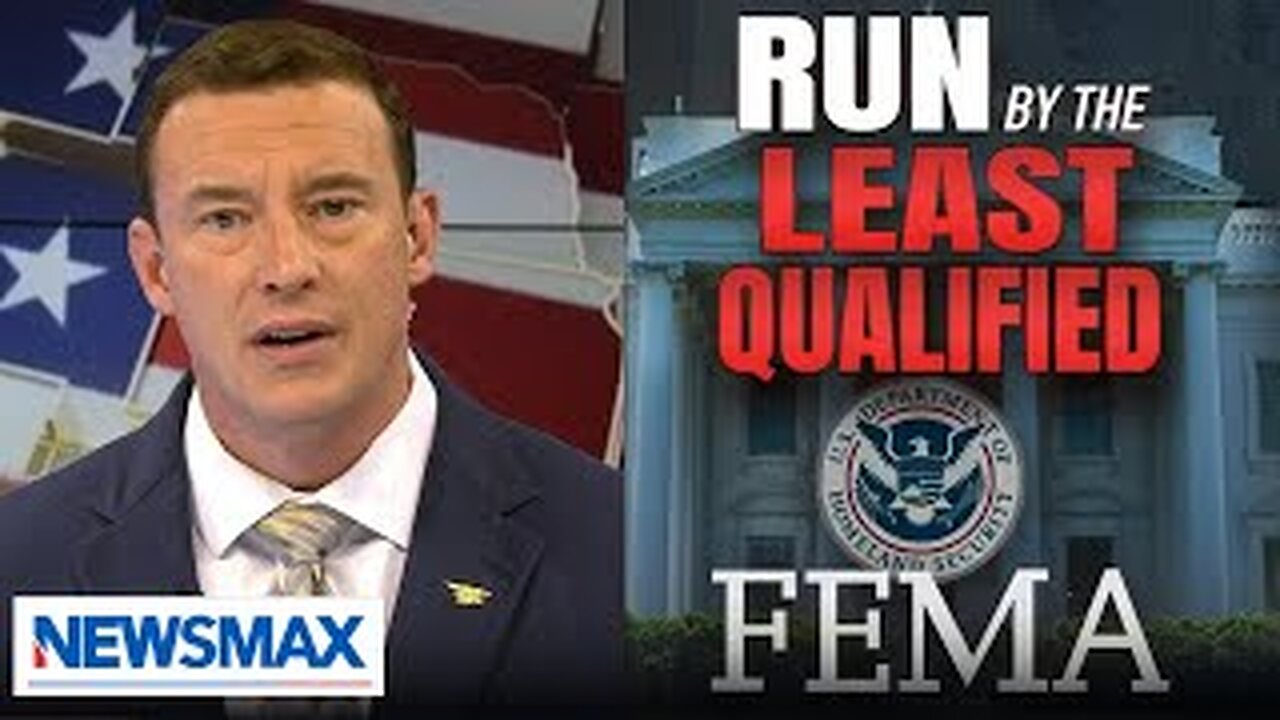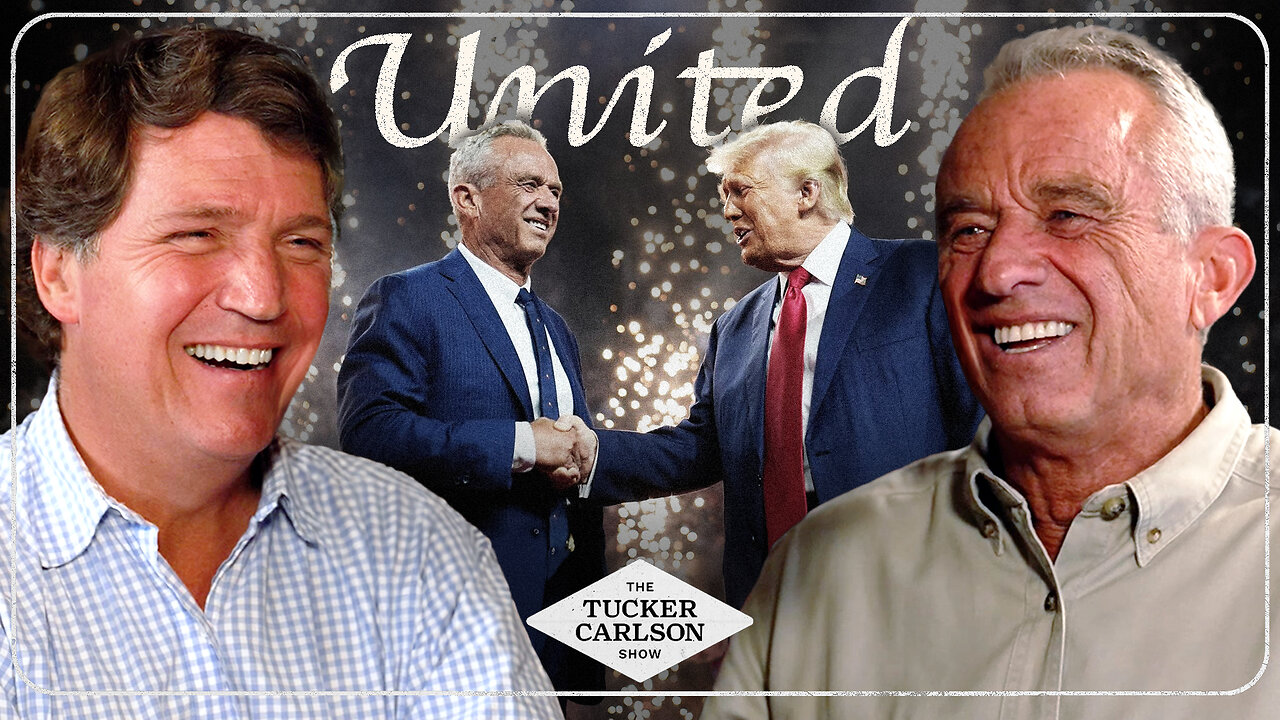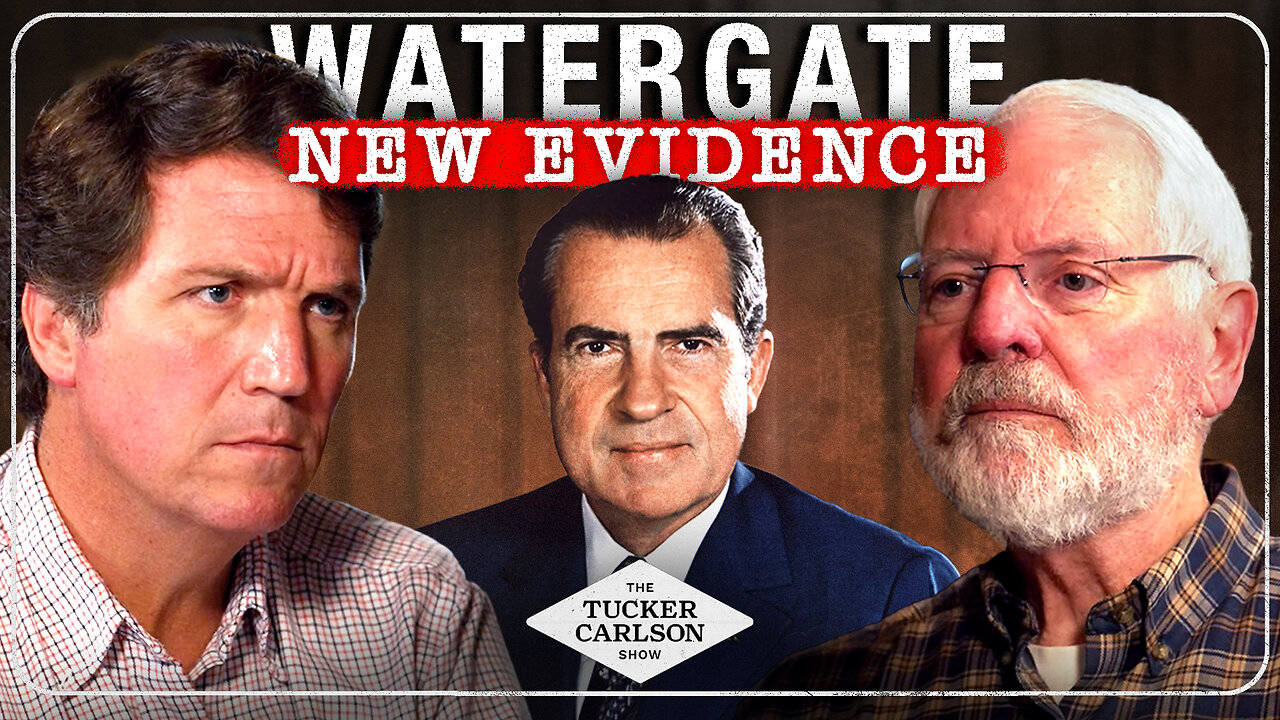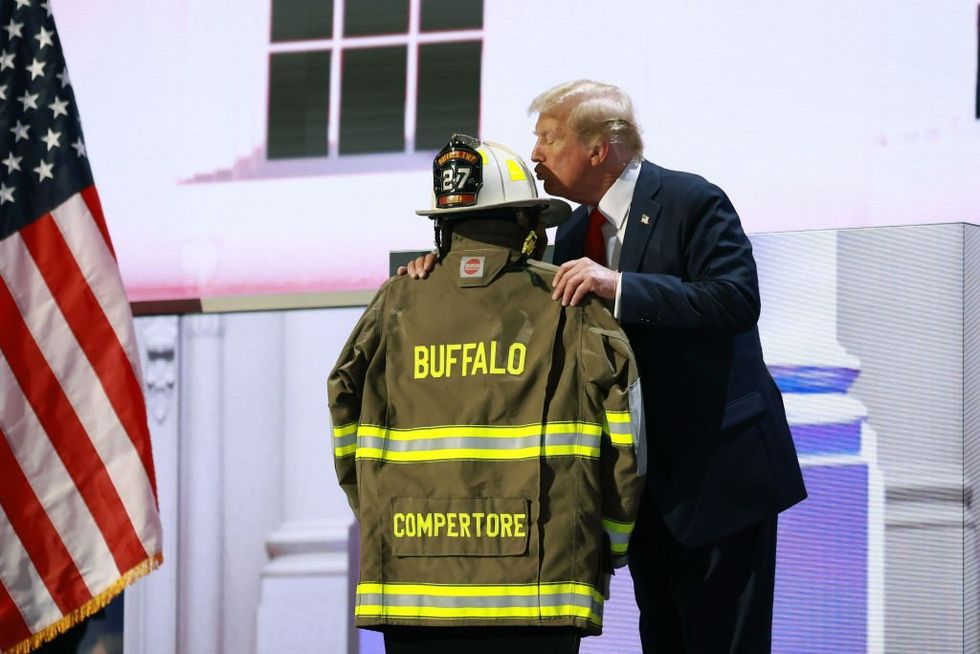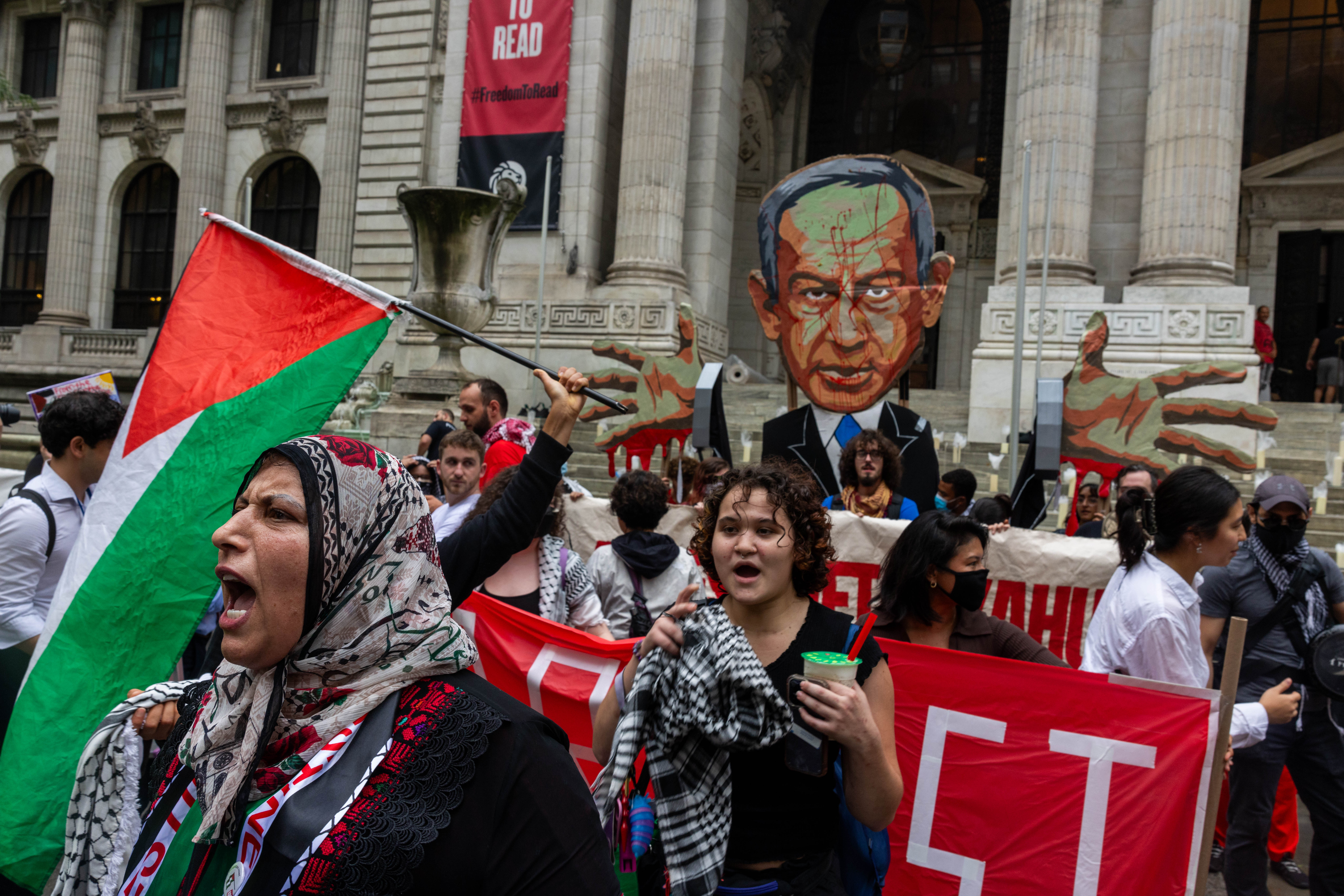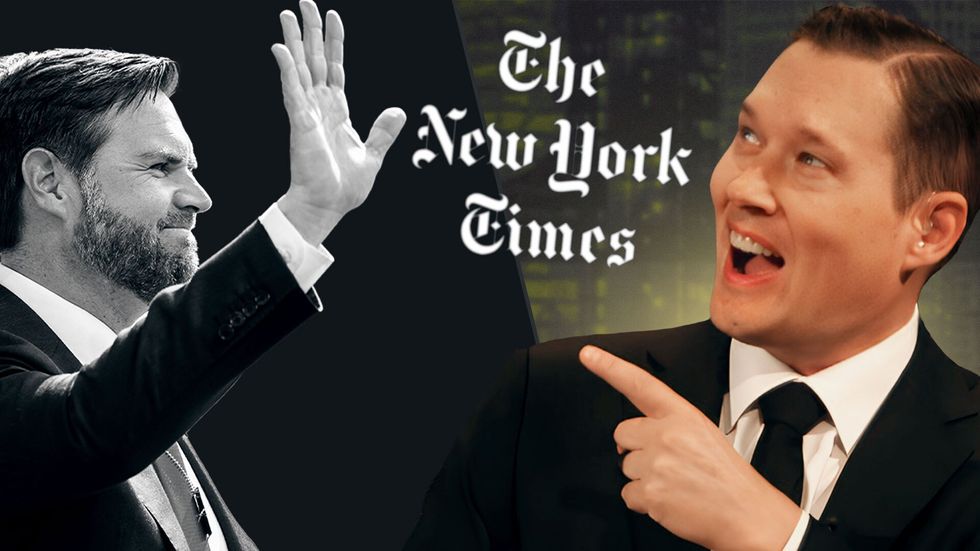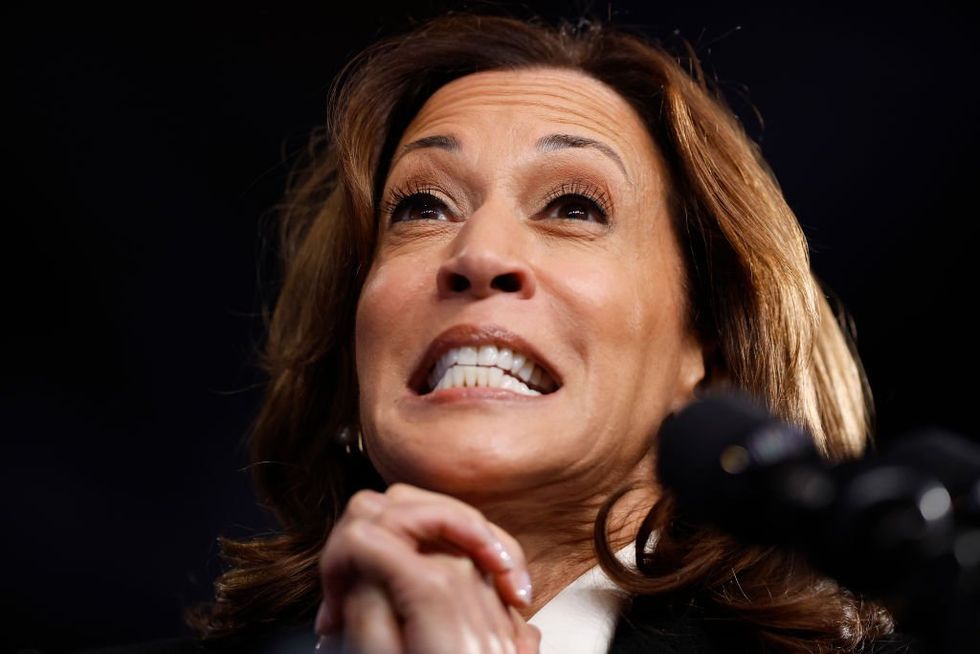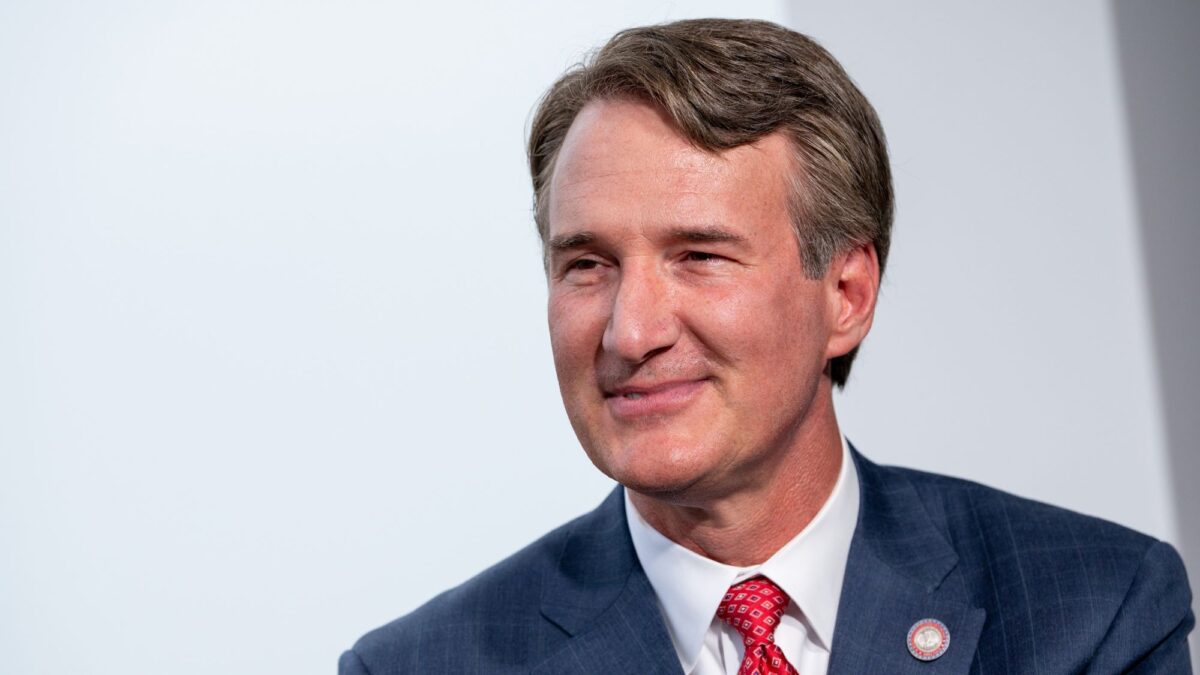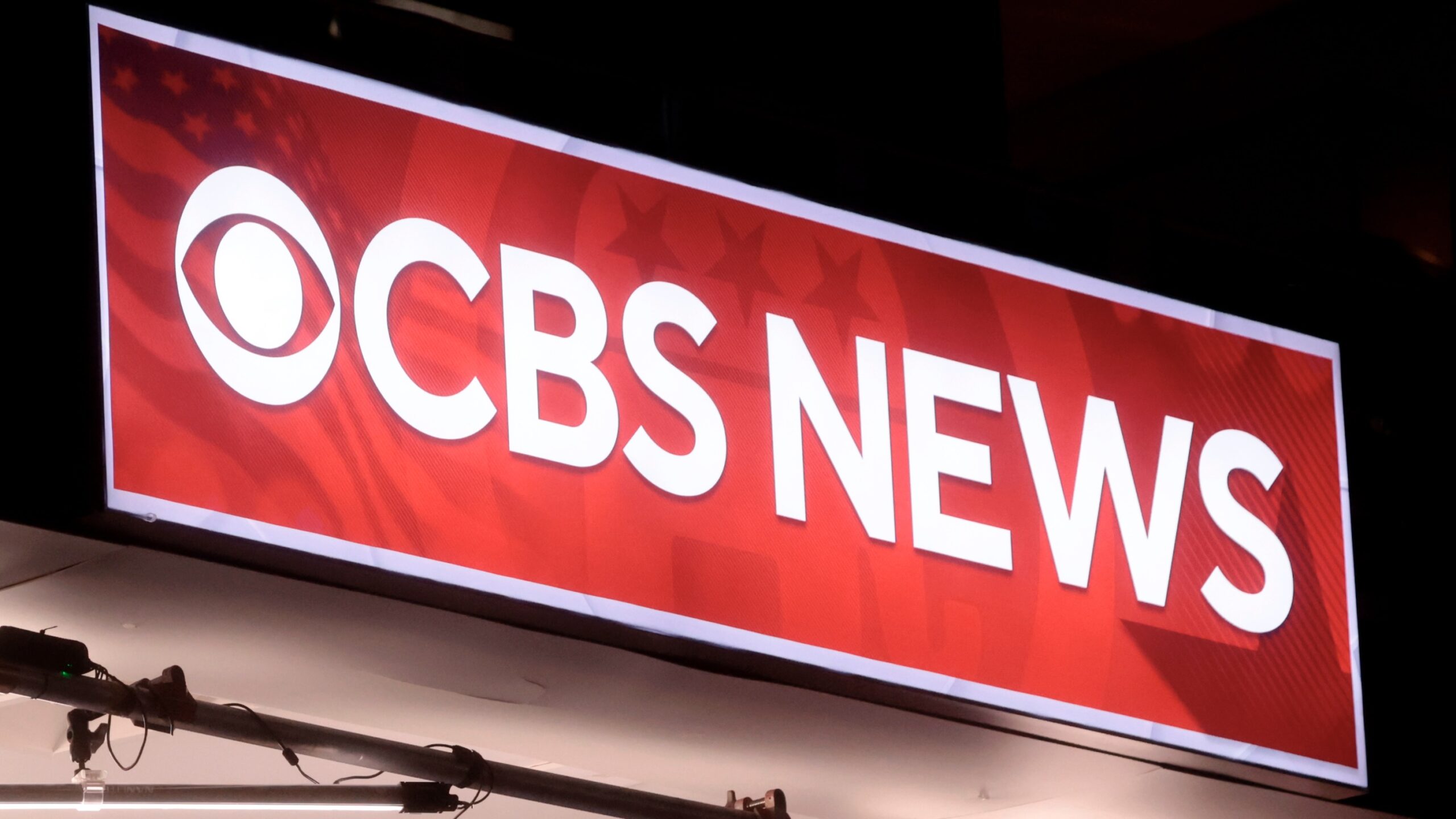Liberty without virtue leads to ruin
Freedom in the abstract makes for a very stupid god. In many progressive cities across the United States, heroin addicts are free to spend their days shooting up while living in the squalor of the homeless encampments that now line urban streets. But only the most deranged ideologue would see this as a blessing.Anyone who truly understands human nature knows that our impulse is to make ourselves slaves in one manner or another. Left entirely to our own devices, the isolated individual tends to suffer from a thirst for annihilation, indulging in excess or deprivation of some kind that will bring ruin. This tragic understanding of the human condition brought most premodern thinkers to the conclusion that ordered liberty was the ideal but that this state could only be achieved through the cultivation of virtue.Order is a precondition for community; community is a precondition for virtue; and liberty is the rare and delicate fruit of a society that is virtuous.Americans have been taught to repeat endless slogans about rights and freedoms but very little about the necessity of virtue, and this has created a nation hungry for the fruit of a tree that was left to wither long ago.The error from the left is profound but obvious, so we will begin there.The progressive worldview is utopian, denying man’s tragic nature and assuming that all negative outcomes are the function of a faulty system. Men are born free, after all, but find themselves chained to traditions, religions, families, and economic systems that oppress them. The individual requires a powerful state that can protect an ever-expanding list of rights that will free everyone to pursue their true and excellent nature.When individuals end up miserable without family or purpose, filling their lives with consumption and distraction, progressives fail to re-examine their beliefs. They blame capitalism, the patriarchy, Christianity, whiteness, or another abstract enemy and demand more power to guarantee additional rights or freedoms.On the right, the error is more subtle but no less serious. Conservatives and libertarians on the right often view liberty as the ultimate goal but share confusion about achieving it. They may debate the state's size and shape, but both believe smaller government bound by constitutional principles is key. However, the mistake lies in assuming virtue results from liberty rather than recognizing that liberty can only be enjoyed by a people who have first cultivated a high degree of virtue.Niccolò Machiavelli is famous for his book “The Prince,” in which he advises prospective monarchs on how to gain and retain power. This leads most readers to believe that the Florentine diplomat was a supporter of autocracy. However, in truth, Machiavelli championed the superior nature of republican government in his less infamous but more profound work “Discourses on Livy.” For Machiavelli, the key factor that made republican government possible was the virtue of the people.Under a monarchy, the people did not need to practice a high degree of self-discipline. The king acted as a father to the nation, settling disputes and making critical decisions that required foresight and discipline. The king provided order, and that order allowed the people to prosper even if they did not have the character to rule themselves. Order is more necessary for human flourishing than freedom, a lesson often forgotten by those who have always lived under the benefit of stable civilization.In a republic, the people have significant input into the state's operation, unlike a monarchy where a king makes decisions. If the citizens lack strength or seriousness, they will demand benefits from the state that they can't secure themselves. An ideal republic features a small government because its people are united by a shared moral vision that fosters virtue. The founding fathers understood this, as John Adams famously stated, “Our constitution was made only for a moral and religious people. It is wholly inadequate to the government of any other.” While any nation can establish a republic, maintaining it requires dedication to both self-governance and self-discipline.Ordered liberty is not the freedom to pursue every base desire but the ability to pursue virtue within a shared understanding of the good. Machiavelli agreed with Aristotle that virtue requires community. The individual does not achieve virtue in isolation but must exercise it by pursuing the good in relation to friends, family, religion, and business. Without order, we cannot have community or understand our role within it. Order is a precondition for community; community is a precondition for virtue; and liberty is the rare and delicate fruit of a society that is virtuous.Machiavelli recognized the necessity of virtue in a republic, but his reputation as a ruthless political realist is well earned. He understood that establishing order often required a leader to commit morally questionable acts. This is why repub
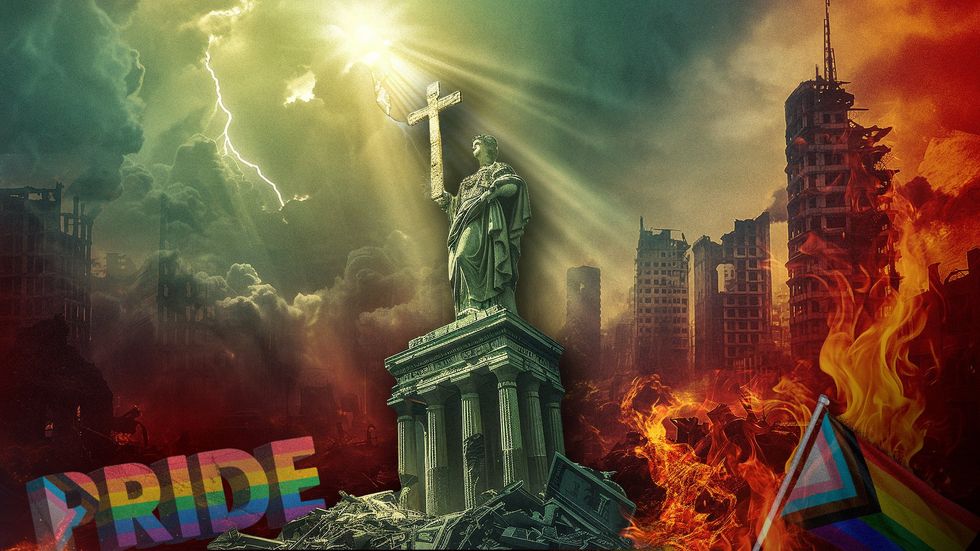

Freedom in the abstract makes for a very stupid god. In many progressive cities across the United States, heroin addicts are free to spend their days shooting up while living in the squalor of the homeless encampments that now line urban streets. But only the most deranged ideologue would see this as a blessing.
Anyone who truly understands human nature knows that our impulse is to make ourselves slaves in one manner or another. Left entirely to our own devices, the isolated individual tends to suffer from a thirst for annihilation, indulging in excess or deprivation of some kind that will bring ruin. This tragic understanding of the human condition brought most premodern thinkers to the conclusion that ordered liberty was the ideal but that this state could only be achieved through the cultivation of virtue.
Order is a precondition for community; community is a precondition for virtue; and liberty is the rare and delicate fruit of a society that is virtuous.
Americans have been taught to repeat endless slogans about rights and freedoms but very little about the necessity of virtue, and this has created a nation hungry for the fruit of a tree that was left to wither long ago.
The error from the left is profound but obvious, so we will begin there.
The progressive worldview is utopian, denying man’s tragic nature and assuming that all negative outcomes are the function of a faulty system. Men are born free, after all, but find themselves chained to traditions, religions, families, and economic systems that oppress them. The individual requires a powerful state that can protect an ever-expanding list of rights that will free everyone to pursue their true and excellent nature.
When individuals end up miserable without family or purpose, filling their lives with consumption and distraction, progressives fail to re-examine their beliefs. They blame capitalism, the patriarchy, Christianity, whiteness, or another abstract enemy and demand more power to guarantee additional rights or freedoms.
On the right, the error is more subtle but no less serious. Conservatives and libertarians on the right often view liberty as the ultimate goal but share confusion about achieving it. They may debate the state's size and shape, but both believe smaller government bound by constitutional principles is key. However, the mistake lies in assuming virtue results from liberty rather than recognizing that liberty can only be enjoyed by a people who have first cultivated a high degree of virtue.
Niccolò Machiavelli is famous for his book “The Prince,” in which he advises prospective monarchs on how to gain and retain power. This leads most readers to believe that the Florentine diplomat was a supporter of autocracy. However, in truth, Machiavelli championed the superior nature of republican government in his less infamous but more profound work “Discourses on Livy.” For Machiavelli, the key factor that made republican government possible was the virtue of the people.
Under a monarchy, the people did not need to practice a high degree of self-discipline. The king acted as a father to the nation, settling disputes and making critical decisions that required foresight and discipline. The king provided order, and that order allowed the people to prosper even if they did not have the character to rule themselves. Order is more necessary for human flourishing than freedom, a lesson often forgotten by those who have always lived under the benefit of stable civilization.
In a republic, the people have significant input into the state's operation, unlike a monarchy where a king makes decisions. If the citizens lack strength or seriousness, they will demand benefits from the state that they can't secure themselves. An ideal republic features a small government because its people are united by a shared moral vision that fosters virtue. The founding fathers understood this, as John Adams famously stated, “Our constitution was made only for a moral and religious people. It is wholly inadequate to the government of any other.” While any nation can establish a republic, maintaining it requires dedication to both self-governance and self-discipline.
Ordered liberty is not the freedom to pursue every base desire but the ability to pursue virtue within a shared understanding of the good. Machiavelli agreed with Aristotle that virtue requires community. The individual does not achieve virtue in isolation but must exercise it by pursuing the good in relation to friends, family, religion, and business. Without order, we cannot have community or understand our role within it. Order is a precondition for community; community is a precondition for virtue; and liberty is the rare and delicate fruit of a society that is virtuous.
Machiavelli recognized the necessity of virtue in a republic, but his reputation as a ruthless political realist is well earned. He understood that establishing order often required a leader to commit morally questionable acts. This is why republics, such as ancient Rome, are often born out of monarchies where order has been well established and community allowed virtue to flourish. The United States itself emerged from a monarchy that established order in a new land, enabling its people, who had obtained a level of virtue, to achieve liberty through self-governance.
While the American people still possess an undeniable capacity for greatness, it would be difficult to describe the nation’s current state as virtuous. Progressive activists have successfully driven Christianity from the public square, replacing it with a hedonistic and secular faith.
This collapse of public and private morality complicates the restoration of a shared identity founded on a liberty that the people are no longer capable of maintaining. Decadent societies often become subject to Caesarism because they lose the ability to maintain order, reverting to the status of children who must once again be governed by a father.
I find it unlikely that the United States will collectively return to republican self-governance. Many Americans have abandoned the values and shared identity that once defined the country. Additionally, our ruling elite have deliberately imported populations entirely alien to that tradition. However, if we are to move forward, it will begin with organic communities of faithful and hardworking Americans who continue to cultivate virtue. Small government limited by a constitution is not the means to liberty, but the hard-won prize of a community that has already learned to rule itself through virtue.
Originally Published at Daily Wire, World Net Daily, or The Blaze
What's Your Reaction?
















